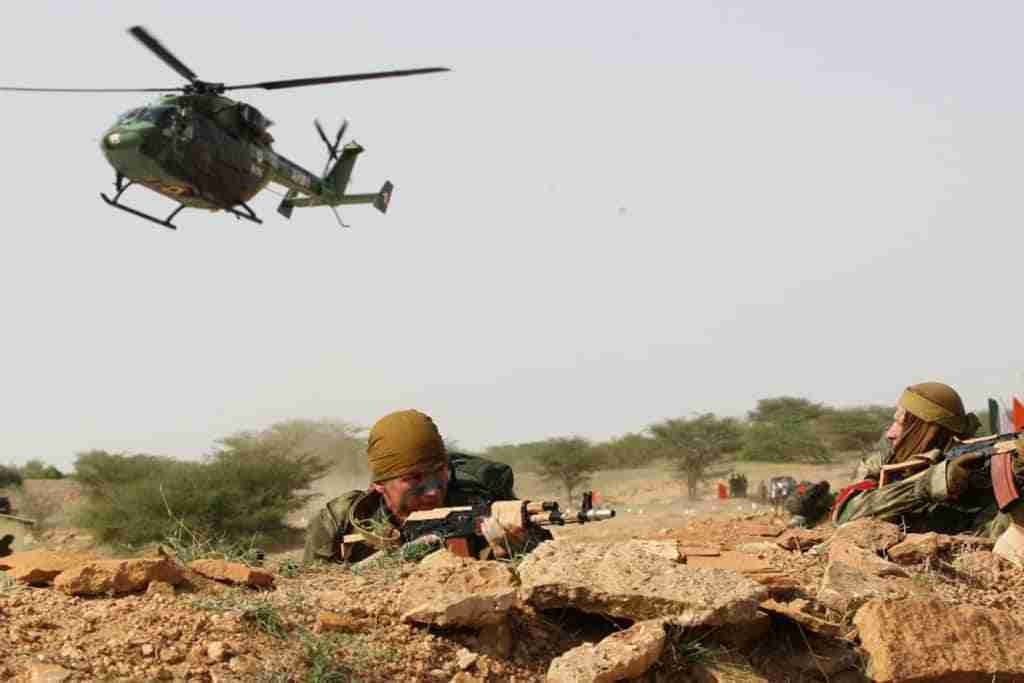It seems strange, when government expenditure needs to be curtailed, the first to be eyed are the military veterans and the Armed Forces fraternity. And pension often becomes a casualty. At the time of Independence, the military took a pay cut, but the same was not applied to their civilian brethren. The many pay commissions that have been held since then have made it a point to undercut the Armed Forces, leading to questions whether this has been done with malice or sheer ignorance.
There is a cost to maintaining a younger profile army and that is a cost the nation must bear.
There is also little rationale applied while giving benefits like serving in difficult areas, with civilians being given hardship allowance for serving in salubrious hill stations like Shillong, which are many times the amount sanctioned for the military personnel who serve in High Altitude areas and live in bunkers!
After India got its biggest victory in millennia in the Bangladesh Liberation War in December 1971, it was the military pensions which were further slashed and the civilian pensions increased. The Prime Minister of the time promised to adjust the financial loss suffered by the veterans by what is now termed as One Rank One Pension, which really meant that veterans who had retired earlier, would get the same pension as the veterans who were retiring now, for the same length of service, thus giving them a hedge against inflation.
But even so, this took more than four decades to implement, largely due to a recalcitrant bureaucracy, despite even a parliamentary committee giving a nod to its implementation. And while this has been a positive step, it remains to be fully implemented.
In this vitiated atmosphere, another hare-brained proposal has come from the Department of Military Affairs in the Ministry of Defence, which will severely dent the morale of the military. This pertains to officers seeking premature retirement.
It needs mention here that no such proposal has been made for the civilian government employees who are eligible to draw pension.
As per the proposal, an officer with 20 to 25 years of service seeking premature retirement will get 50% of the entitled pension, which is half of the last pay drawn. Those with 26 to 30 years will get 60% of the entitled pension. It will be 75% for those with 30 to 35 years of service and only those whose tenure exceeds 35 years will get full pension.
It needs mention here that no such proposal has been made for the civilian government employees who are eligible to draw pension. In any case, it is beyond the jurisdiction of the DMA to speak on pension issues. These are matters decided by the pay commission and the Union Cabinet. But more importantly, considering the very limited vacancies that are available in the military for upward mobility, the Armed Forces will be filled with officers in the upper age brackets, who have very little motivation to serve.
This can do no good to either the officers concerned, nor to the military and the nation. There is a cost to maintaining a younger profile army and that is a cost the nation must bear. History bears testimony to the fact that when nations do no pay enough attention to the defence of the country, they will be subjugated by others. Indian history over the last one thousand years is proof enough of what those consequences can be.


